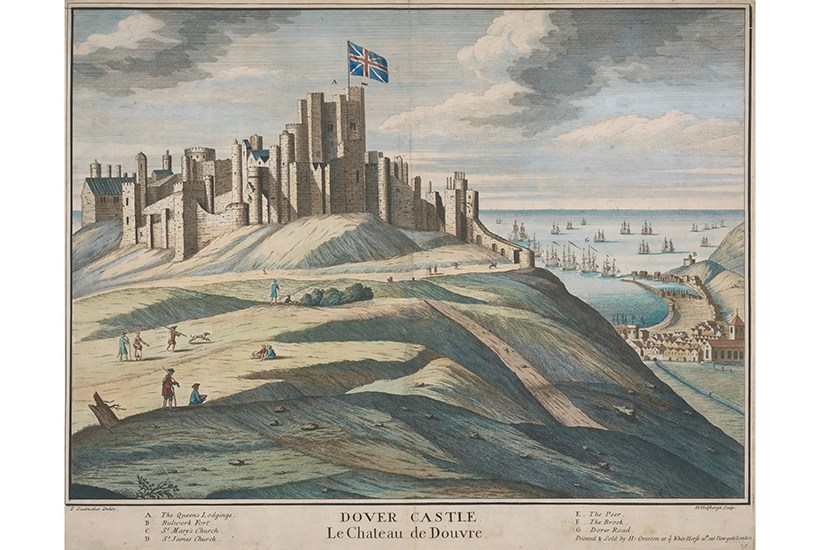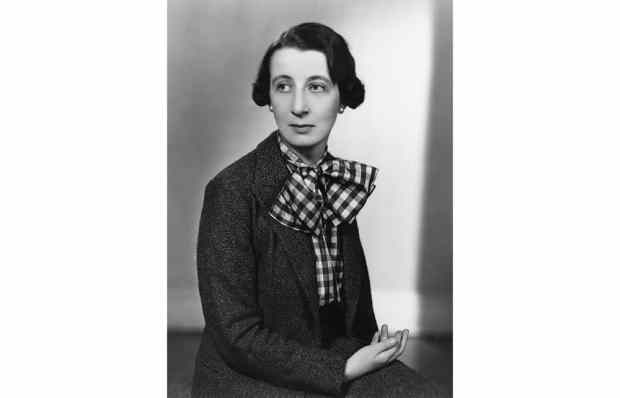Almost any promising writer of spy fiction can expect at some point to be called the ‘next Le Carré’, an accolade even more promiscuously applied since the death of the master. James Wolff has immediate credentials to jump the queue, since, like Le Carré, he uses a pseudonym and claims to work at the Foreign Office — though his familiarity with surveillance techniques suggests a slightly different employer.
Already a subscriber? Log in
Subscribe for just $2 a week
Try a month of The Spectator Australia absolutely free and without commitment. Not only that but – if you choose to continue – you’ll pay just $2 a week for your first year.
- Unlimited access to spectator.com.au and app
- The weekly edition on the Spectator Australia app
- Spectator podcasts and newsletters
- Full access to spectator.co.uk
Or
Unlock this article
You might disagree with half of it, but you’ll enjoy reading all of it. Try your first month for free, then just $2 a week for the remainder of your first year.














Comments
Don't miss out
Join the conversation with other Spectator Australia readers. Subscribe to leave a comment.
SUBSCRIBEAlready a subscriber? Log in